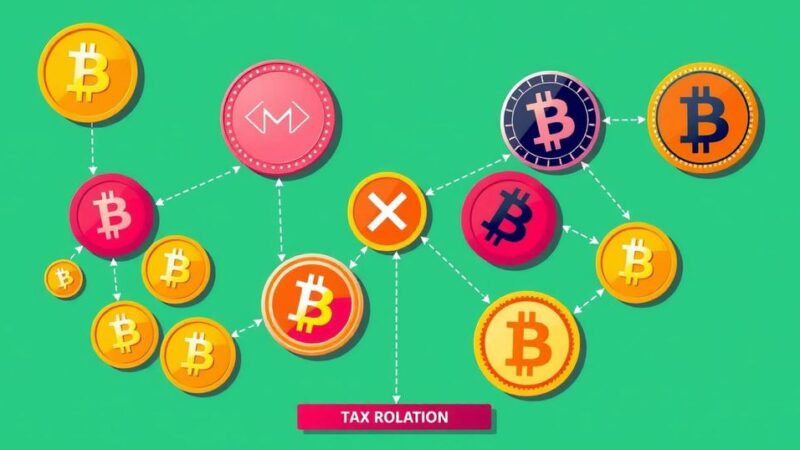Egypt’s consumer inflation rate declined to 12.5 percent in February, a significant drop from 23.2 percent in January, attributed to comparison effects with last year’s high inflation rates. Despite economic recovery efforts and international financial aid, citizens still face rising prices and diminished purchasing power, with debt issues and external conflicts exacerbating the economic situation.
In February, Egypt’s annual consumer inflation rate declined significantly to 12.5 percent, as reported by official figures released. This marks a notable decrease from 23.2 percent in January, reflecting a period of economic adjustment following a severe crisis. Experts attribute this decline partly to a base effect, noting that last year’s inflation had reached as high as 36 percent.
February’s monthly consumer inflation rate also eased to 1.4 percent, slightly lower than the 1.6 percent recorded in January. The economic suffering began early last year due to a foreign currency shortage, which resulted in a crisis within the import-dependent economy, leading to daily price increases for consumer goods.
After a currency devaluation in March 2024, Egypt received significant financial support exceeding $50 billion from the International Monetary Fund (IMF), the World Bank, and the United Arab Emirates, which facilitated the country’s passage out of the economic crisis. However, citizens have yet to experience tangible relief, with many facing continued diminishing purchasing power despite a slower rate of price increases.
Since February 2022, the value of the Egyptian pound has plummeted over 60 percent, while inflation peaked at nearly 40 percent in August 2023. Authorities initiated stringent reforms as part of an expanded IMF deal, which included multiple fuel price hikes this year.
The IMF’s board is anticipated to review the current financial program shortly, with plans to approve an additional $1.2 billion. Moreover, a new loan agreement is also in the pipeline, projected to surpass $1 billion. Nevertheless, Egypt grapples with soaring foreign debt, amounting to $155.2 billion by September 2024, largely due to impactful infrastructure projects.
Increasing economic challenges have been exacerbated by the ongoing conflict in Gaza, affecting the Suez Canal, a critical source of revenue. Recent attacks by Houthi rebels on shipping lanes have drastically impacted trade, contributing to a 70 percent drop in revenue from the canal last year, according to official reports.
In summary, Egypt’s inflation rate is showing signs of decrease as it has nearly halved from January to February 2024, reflecting economic recovery progress. However, the population continues to face financial struggles, grappling with reduced purchasing power and ongoing economic challenges tied to foreign debt and regional conflicts. Continuous support from international financial organizations is essential for stabilizing the economy moving forward.
Original Source: www.newarab.com






